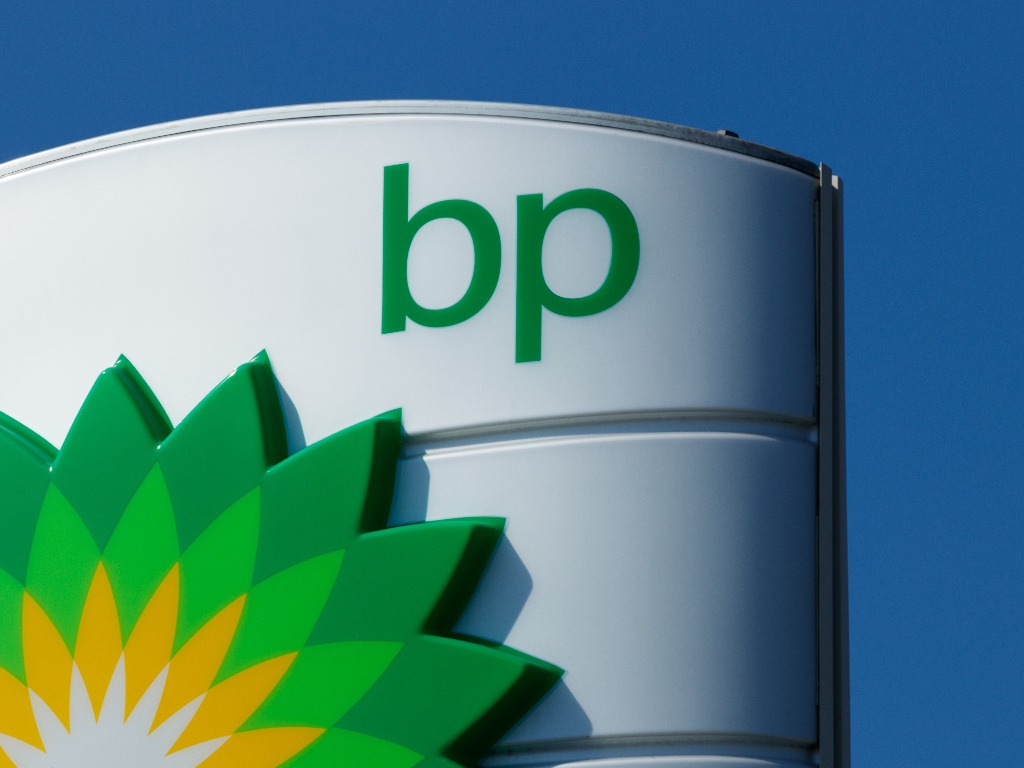BP to Reverse to Fossil Fuels

By Abbas Nazil
BP is set to abandon its ambitious project of increasing renewable energy generation 20-fold by 2030 as part of a broader strategy shift back toward fossil fuels.
The company’s chief executive, Murray Auchincloss, is expected to announce the change during an investor meeting in London this week, where shareholders will be informed of a new direction prioritizing oil and gas investments over low-carbon initiatives.
This marks a significant departure from BP’s previous goal of expanding renewable power capacity to 50 gigawatts within the next six years.
In addition to dropping its renewable energy targets, BP is also expected to abandon a commitment to reach underlying profits of $49 billion this year.
Instead, the company will adopt an annual percentage growth target.
The decision follows a failure to meet its 2024 profit target of $40.9 billion, as BP reported a sharp decline in earnings, falling to $8.9 billion from $14 billion in the previous year.
The oil giant’s strategic pivot comes amid mounting pressure from investors, particularly following the emergence of Elliott Management, a major activist hedge fund, as a key shareholder.
Elliott Management, which has built a reported 5% stake in BP, is expected to push for significant changes, including potential restructuring and board-level shakeups.
Investor dissatisfaction has been growing due to BP’s underperformance in the stock market compared to its competitors.
Over the past two years, the company’s stock has lost nearly a quarter of its market value, leading to increased scrutiny of its long-term strategy.
To appease investors and strengthen financial returns, BP is likely to announce asset divestments and reductions in low-carbon investments.
This approach reflects a broader industry trend, as major oil and gas companies face pressure to balance the transition to cleaner energy with shareholder demands for profitability.
The company has already signaled a retreat from its previous commitment to reducing oil and gas output.
In 2020, BP aimed for a 40 percent reduction by the end of the decade, later revising this target to 25 percent in 2023. Another downward revision is expected during the upcoming investor presentation.
BP has not officially confirmed these strategic changes, dismissing speculation ahead of the investor meeting.
The event, originally scheduled for 11 February in New York, was postponed and relocated to London due to Auchincloss’s recovery from a medical procedure.
The announcement is expected to define BP’s new trajectory, signaling a stronger emphasis on fossil fuels amid evolving market and investor expectations.
